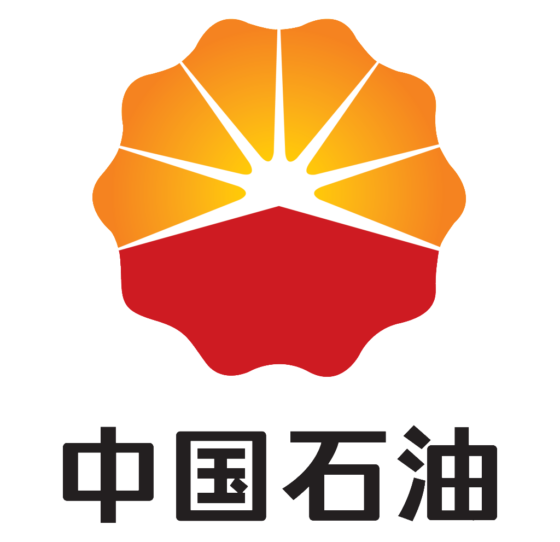December 21, 2018
Russia was supposed to be the main business support for Iran as the US re-imposed sanctions, but Russia’s two largest oil companies—Rosneft and Lukoil have now bowed out of doing any businesses in Iran. On top of that, the Chinese firm that Iran said was taking over Total’s operations in the South Pars gasfield won’t take on the project now because of sanctions. And the Russian firm that only handles oil projects outside Russia, Zaru-bezhneft, has pulled out of two oilfield development projects it was involved in.

On top of all that, the South Korean firm Hyundai Engineering & Construction Co., one of the few major international firms still operating in Iran, is also leaving Iran in the face of US sanctions.
Iran is now looking far more isolated business-wise than had been expected just a few months ago.

The Financial Tribune reported that the firm had notified Iran it was abandoning the petrochemical contract
The biggest loss by far was the Chinese firm’s departure.


South Pars is the world’s largest gasfield and CNPC’s investment freeze is a blow to Tehran’s efforts to maintain financing for energy projects.
Zanganeh said November 25 that CNPC had replaced Total as the operator of Phase 11 of the project at South Pars after the French company ended its participation rather than violate the sanctions.
The CNPC investment halt followed four rounds of talks in Beijing, including one as recently as October, with senior US officials who urged CNPC to refrain from injecting fresh financing into Iran, one of the sources told Reuters.
It was not clear if the Chinese government gave direct orders for the halt, but the sources said it was politically sensible given the sensitive trade negotiations between China and the United States.
“China sees the relationship with the US as paramount over anything else. As a state-owned entity, CNPC will stay clear of bringing any unwanted trouble into this relationship as the US-China trade talks are underway,” said a second source.
The first source told Reuters Iran has 120 days to review CNPC’s role in South Pars and decide whether to keep the Chinese firm as a dormant investor or cancel the deal outright. CNPC owns 30 percent of the project while Total owned 50.1 percent. The remaining 19.9 percent is owned by Petropars, an Iranian firm that is a subsidiary of the National Iranian Oil Co.
While agreeing to halt its South Pars participation, CNPC did convince the US that it needed to continue investing in the North Azadegan and Masjed-e Suleiman oilfields to recoup the billions of dollars spent under buy-back contracts signed years ago, the first source and a third separate official with knowledge of CNPC’s oil activities told Reuters.
The Iranian media focused on the fact that CNPC would keep working in those two oilfields and played down its departure from South Pars.
The departure of the Russian firms was a surprise because the Russian government has been talking recently about all sorts of new economic arrangements with Iran
The departure of Russia’s largest oil producer, Rosneft, comes after the firm had been talking with Iran about $30 billion worth of joint Russian-Iranian investments in oil and gas projects. Russian business daily Vedomosti reported on the departure, quoting three sources close to Rosneft’s top management.
In November last year, Rosneft and the National Iranian Oil Company (NIOC) signed a road map for strategic cooperation in oil and gas in Iran—cooperation which Rosneft’s chief executive Igor Sechin said would involve a total of $30 billion of investments. At the time, Russian media quoted Sechin as saying the parties could soon sign several binding agreements, and the total production from those projects could be equal to 1.1 million bpd.
The Vedomosti story indicated Rosneft had three reasons for leaving Iran. First, Rosneft did not want to confront US sanctions. Second, it has changed its strategy to focus on growing production in Russia. Third, Vedomosti said Rosneft concluded the risks in Iran were higher than the potential rewards, given that Tehran had not offered attractive terms.
Lukoil, Russia’s second-largest oil producer, said as early as May that it was putting its plans to develop projects in Iran on hold, due to the US sanctions. The company was in talks with Iran over development of the Ab-e Timur and Mansuri oilfields.
As for Zarubezhneft, two sources at the company told Reuters the firm has pulled out of Iran because of sanctions,
The NIOC had signed a deal with Zarubezhneft to develop two oilfields, Aban and Paydar-e Gharb.
The 10-year agreement was intended to boost the production of the fields to 48,000 barrels per day from the current 36,000 bpd. Zarubezhneft has an 80 percent share in the deal and its partner, Dana Energy, the remaining 20 percent.
The cost of developing the fields was estimated at $674 million, with an additional $68 million in indirect costs, according to Shana, the news site of the Iranian Oil Ministry.
However, a source at the Moscow-headquartered company said US sanctions against Iran meant it had pulled the plug on the projects. “Zarubezhneft left all the projects in Iran due to sanctions,” the source said. The company declined to comment.
“We would lose foreign currency revenue had we been hit by the sanctions,” the source said, adding that this would also have a negative impact on its partners in other projects.
